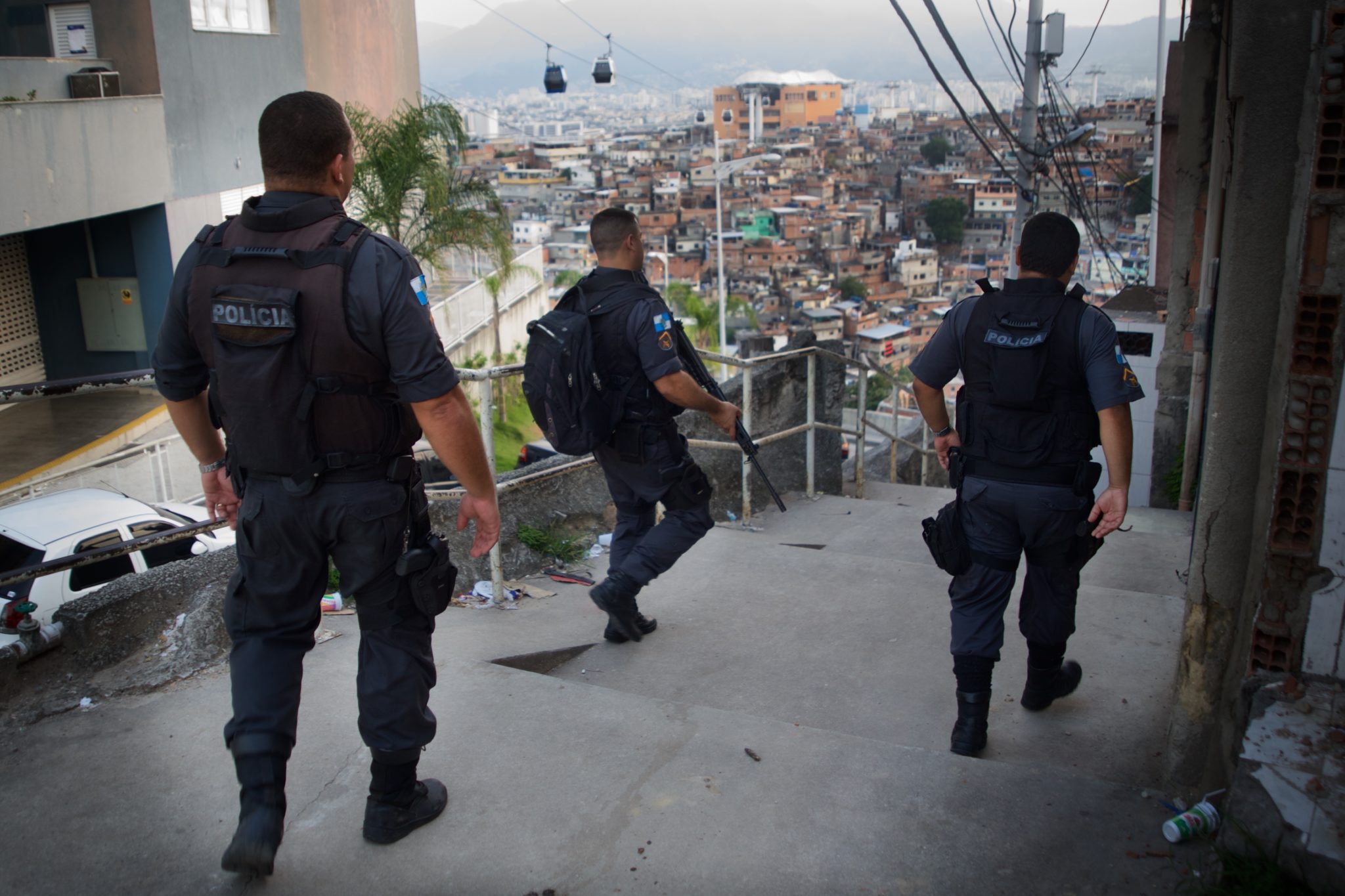


A joint initiative between the University of Bergen
and CMI – Chr. Michelsen Institute
From Armed Peace to Urban War: The Involution of Rio’s Pacification Project
Sebastian Saborio (University of Costa Rica) and Tomas Salem (University of Bergen) in conversation with Margit Ystanes (University of Bergen).

In 2009, after decades of soaring levels of urban violence, the establishment of the first Pacifying Police Units (UPPs) promised to bring peace and security to the favelas of Rio de Janeiro. The UPPs sought to reassert state territorial control in areas dominated by armed gangs associated with the drug trade, and transform part of the Military Police of the State of Rio de Janeiro (PMERJ) from a belligerent and war-oriented institution to a citizen police, through a community policing-inspired model of policing called proximity policing. While the pacification project initially boasted promising results in lowering the levels of urban violence, conflict levels in Rio have gradually been on the rise during the last years, to the extent that the project is largely considered to have failed in reaching its stated objectives.
Sociologist
Sebastian Saborio from the University of Costa Rica, and Social Anthropologist
Tomas Salem, from the University of Bergen each carried out ethnographic fieldwork with the police officers working at the UPPs two years apart, in 2013 and 2015.
They will talk about their experience of doing ethnographic fieldwork with the police at different stages of the crisis of the pacification project, and discuss the effects of the crisis on the dynamics of urban violence and the process of institutional change.
Social Anthropologist
Margit Ystanes from the University of Bergen has also studied the processes of urban change in Rio de Janeiro, and will be leading the conversation.
This Breakfast Forum is organized jointly by the Centre for Women and Gender Research (SKOK, UiB) and the Resource Centre.

